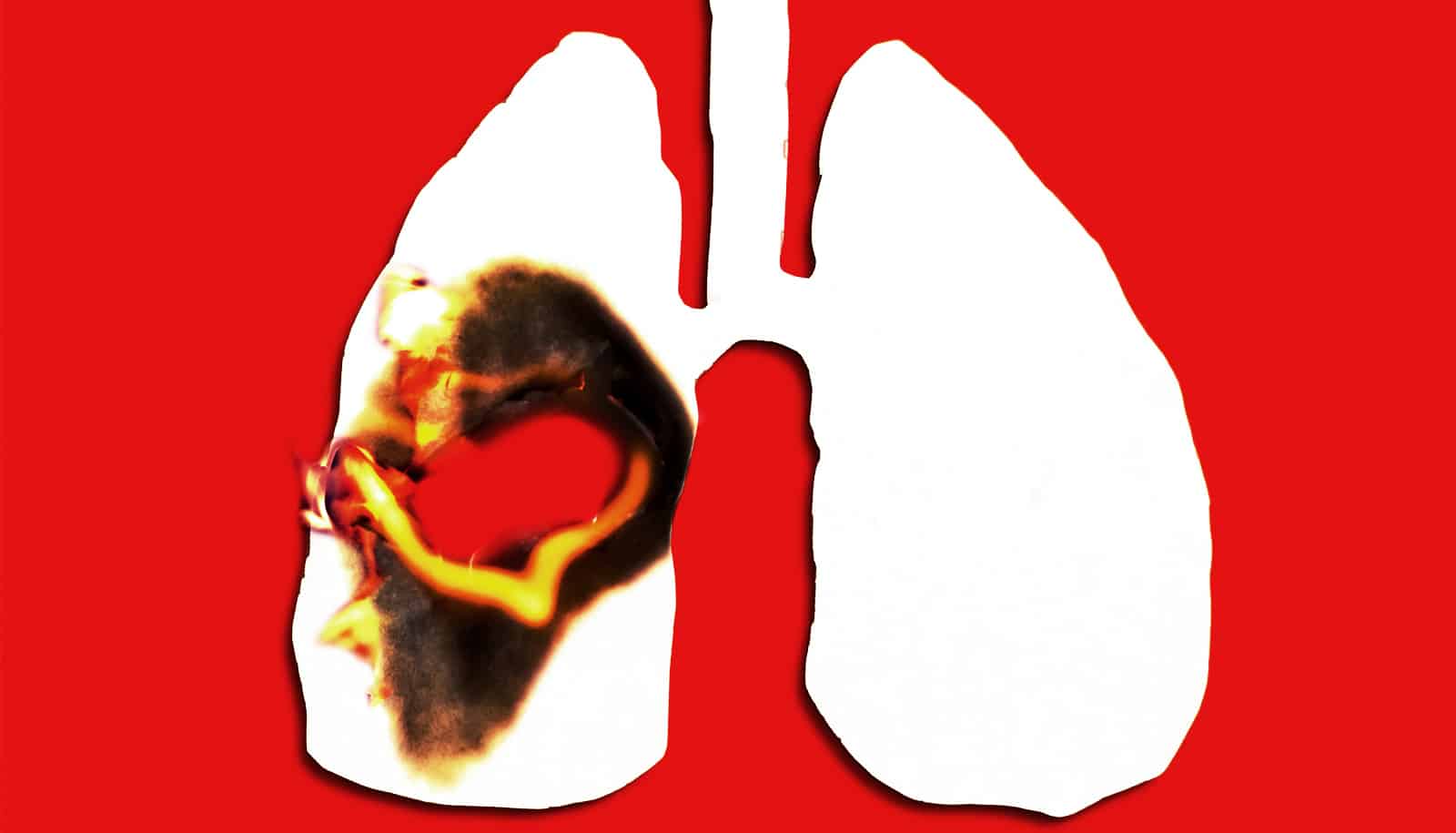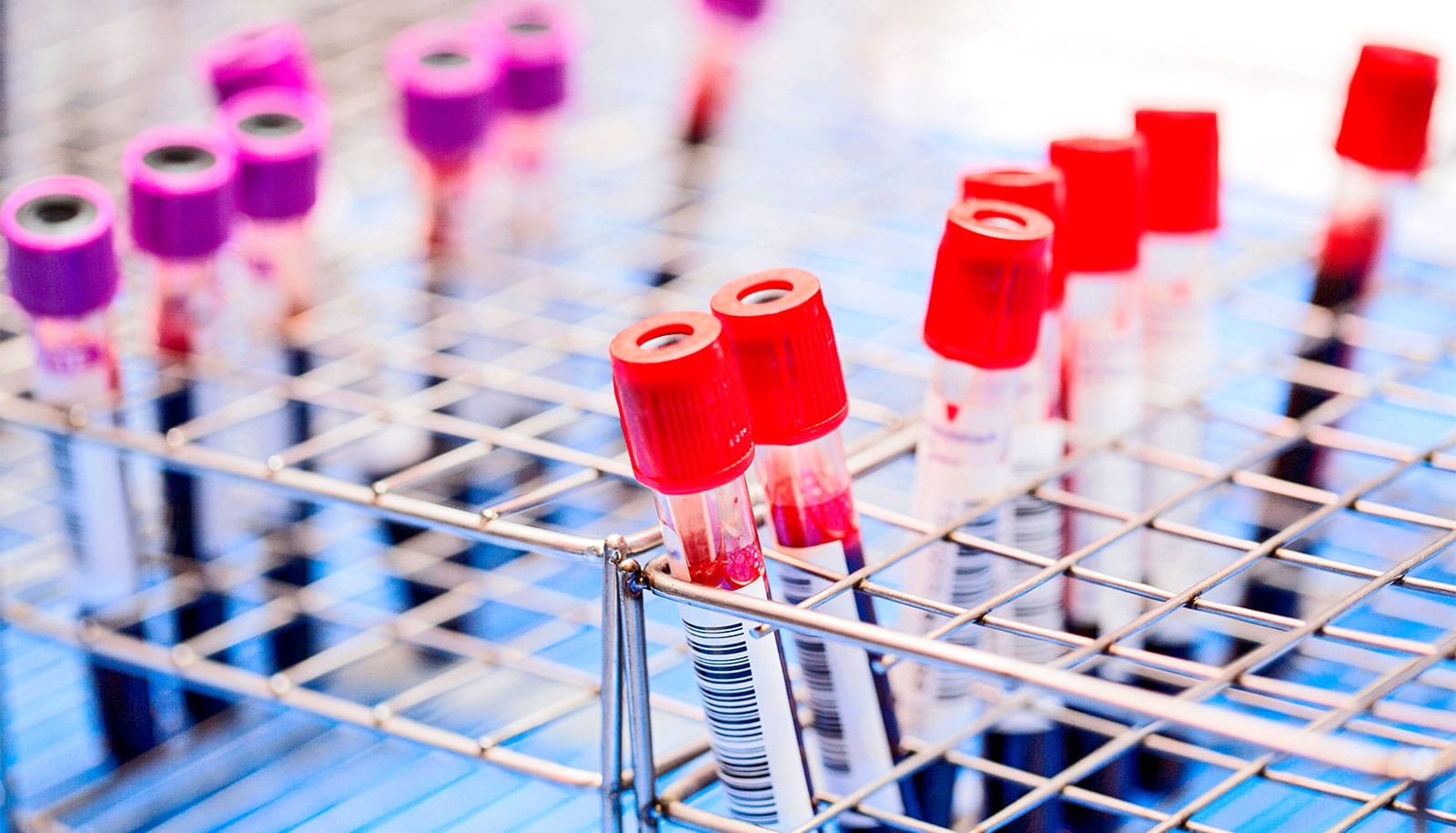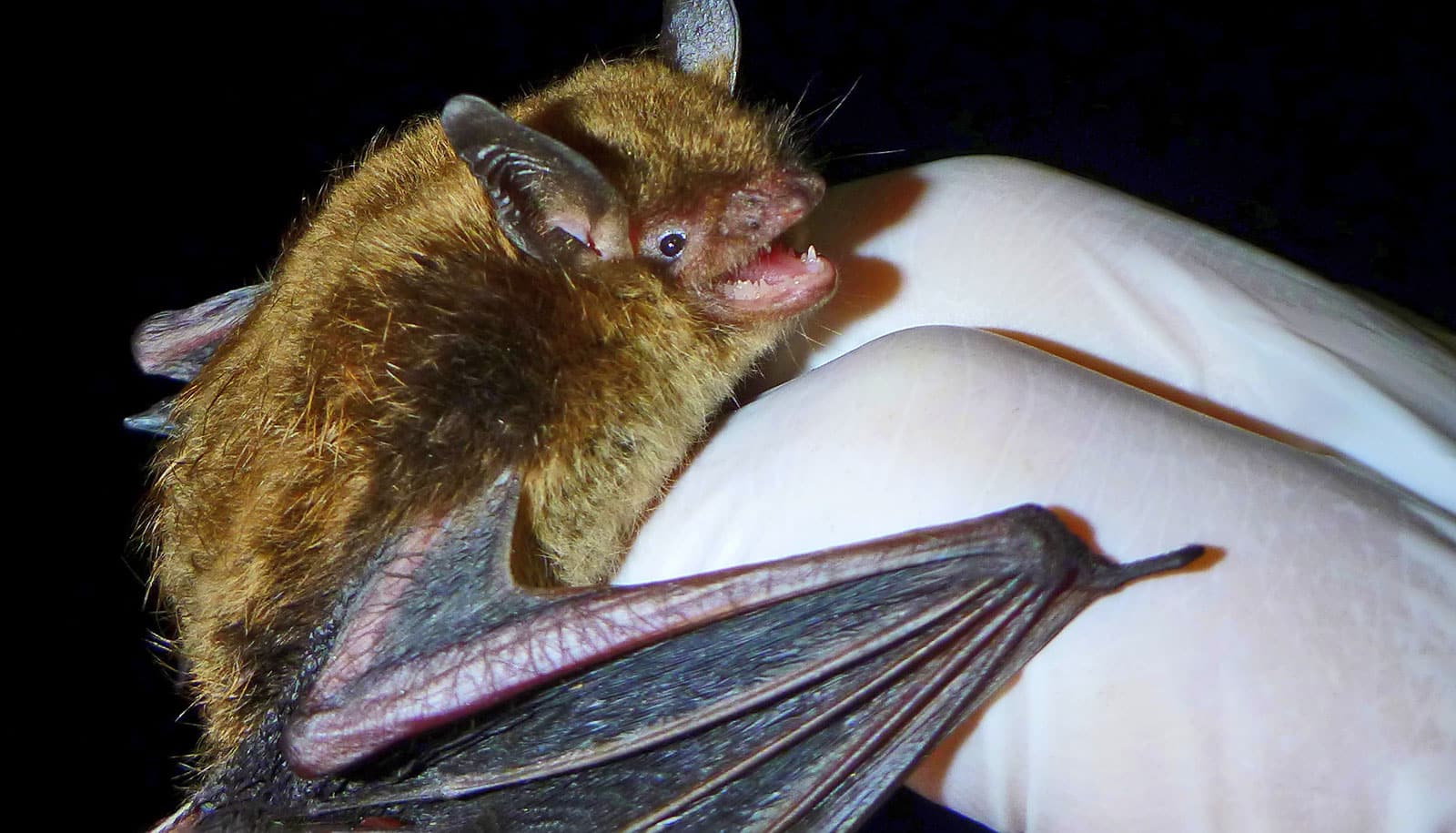Although testicular cancer has a 95 percent cure rate, patients should stay alert for side effects from platinum-based chemotherapy, which is associated with health problems that can creep up years later, including heart disease, hearing loss, pain, neuropathy, and erectile dysfunction.
“Some men are in their mid-20s when they undergo treatment and they may have 50 or more years of life, and you want that to be a high-quality life,” says Chunkit Fung, a study coauthor and oncologist at the Wilmot Cancer Institute who treats people with genitourinary cancers (testicular, prostate, bladder, and kidney).
“Screening and treating some of these long-term toxicities such as hypertension and heart disease, early on, is important.”
The research shows that late-onset side effects can occur in clusters, such as erectile dysfunction paired with thyroid disease, or as different types of cardiovascular problems like coronary artery disease, vessel damage, and obesity, adds Sarah Kerns, the study’s first author, and an assistant professor in the department of radiation oncology at the University of Rochester Medical Center and a Wilmot investigator.
The study, published in the Journal of Clinical Oncology, involved more than 1,200 testicular cancer survivors who underwent chemotherapy. Scientists evaluated the cumulative burden of diseases following treatment and found the most common negative health outcomes were obesity, sensory neuropathy, ringing in the ears, and hearing damage. Only about five percent of patients had no negative health effects, and 76 percent had a low-to-medium burden of side effects. Nineteen percent had a high-to-severe disease burden.
Why chemo is so good at stopping testicular cancer
The research further suggests that vigorous exercise might be protective for the one in five testicular cancer survivors who suffered from the more severe side effects, Kerns says. She and Fung are involved in a pilot study at Wilmot testing the feasibility of exercise to reduce the side effects associated with testicular cancer chemotherapy.
Lois Travis of the Indiana University Melvin and Bren Simon Cancer Center led the work, which is a collaborative effort by multiple institutions. Funding came from the National Cancer Institute.
Source: University of Rochester



